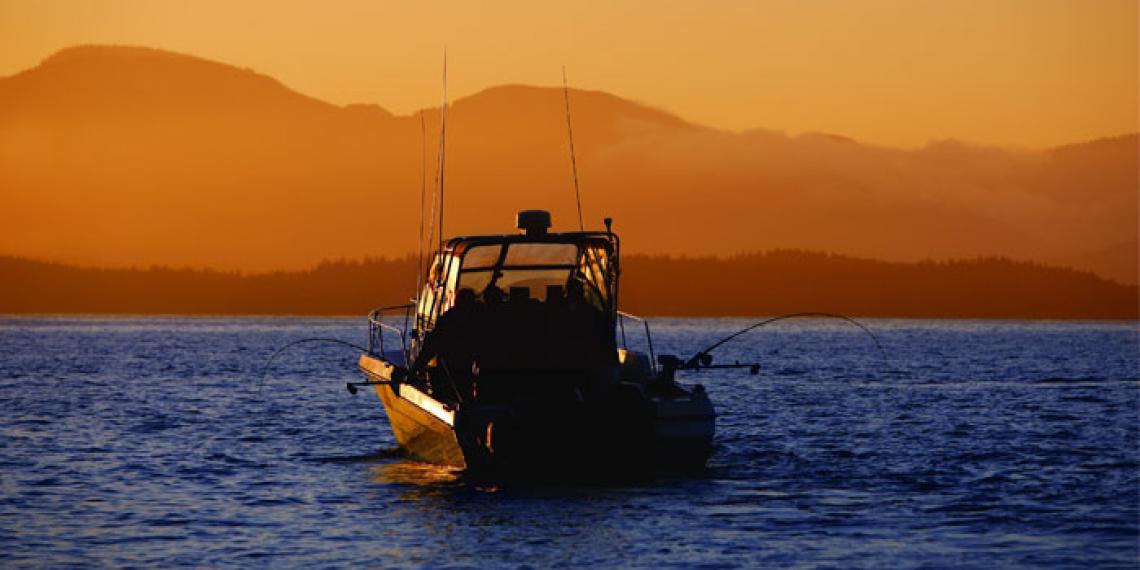You are here
Less is more

The rich industrialist from the North was horrified to find the Southern fisherman lying lazily beside his boat, smoking a pipe. ‘Why aren’t you out fishing?’ asked the industrialist.
‘Because I have caught enough fish for the day,’ replied the fisherman.
‘Why don’t you catch some more?’
‘What would I do with it?’
‘You could earn more money,’ came the answer. ‘With that, you could have a motor fixed to your boat and go into deeper waters and catch more fish. Then you would make enough to buy nylon nets. These would bring you more fish and more money. Soon you would have enough money to own two boats … maybe even a fleet of boats. Then you would be a rich man like me.’
‘What would I do, then?’ asked the fisherman.
‘Then you could really enjoy life.’
‘And what do you think I am doing right now?’ *
We’re not good at simple things. In our culture we have put our hope in ‘more’. Plans are proposed to plunder our beautiful, pure and natural heritage so we can have more wealth. And no one thinks to ask, ‘Aren’t we wealthy enough?’
Corporations are obliged to make as much of a profit as they can for their shareholders. Even if that means people in far-away countries suffer inhumane working conditions. And no one dares to ask, ‘Haven’t we made enough profit?’
Bangladeshi economist Muhammad Yunus won the Nobel Peace Prize for developing the concepts of microcredit and microfinance. Every day, on his way to his academic job, he walked past an impoverished neighbourhood. He began to wonder, ‘What good is economics if it can’t help the poor?’
Yunus provided a loan of $27 to a group of 40 people living in poor conditions, so they could start a business. Everyone paid the money back, and the concept of village banking was born. ‘We have to somewhere raise the question: What is the purpose of my life? Why am I making money?’ says Yunus.
Perhaps, just perhaps, less is more. What if we were radical enough to say, ‘I have enough. Who needs this more than me?’ The Salvation Army’s ‘Give Hope’ project is doing just that. It offers the opportunity for each of us to give a gift that meets genuine needs for our neighbours in the Pacific, the Philippines and parts of Africa, creating livelihoods, better living conditions, education and freedom.
When Major Vyvyenne Noakes visited the Philippines this year, she was asked by locals if New Zealanders could help them see a doctor. So, this year, we have the opportunity through ‘Give Hope’ to gift someone two doctors’ visits a year, as well as medical supplies, for just $40. For only $5 we can give a pencil case kit, or a toothbrush and toothpaste to our friends in Fiji. And we can help relieve hunger in famine-prone countries for just $5 a week.
The greatest gift we can give ourselves is wanting less, and giving more. Then we might just be able to enjoy our day’s work and say, ‘I have more than enough. I’m going to enjoy the sun today.’
By Ingrid Barratt
Find out more, go to www.salvationarmy.org.nz/givehope
* ‘The Parable of the Contented Fisherman’ by Anthony de Mello